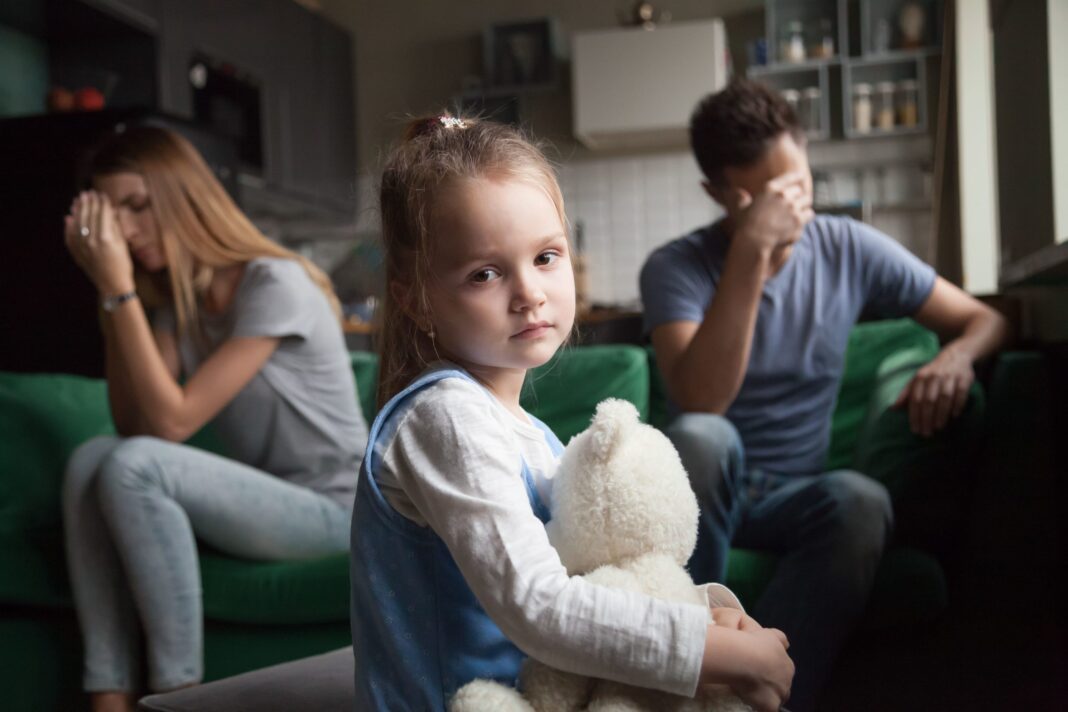Going through a divorce is difficult for any couple, but it can be especially challenging when children are involved. As you navigate this major life transition, it’s important to make decisions that limit the disruption to your child’s life as much as possible. Follow these tips to help your family adjust in the healthiest way.
Communicate with Your Ex
Once you’ve decided to separate, sit down together to map out a game plan. Focus your discussion on practical matters related to your child, like living arrangements and custody schedules.
Try to remain civil during these conversations. Avoid blaming each other or getting into emotional discussions. Your child will benefit from seeing their parents have respectful interactions.
Agree to update each other on major issues that come up related to your child. Maintaining open communication will prevent misunderstandings.
Put Your Child First
Going through a divorce is extremely difficult emotionally. You and your ex will naturally feel anger, sadness, and regret at various points.
However, your child should not be exposed to these feelings. Vent to a friend or therapist instead of in front of your son or daughter.
Remind yourself that you’re divorcing your spouse, not your child. Don’t take your frustrations about your ex out on your child. Show them love and patience throughout this transition.
Create a Stable Custody Arrangement
Minimising disruptions in your child’s living arrangements should be a top priority. Come up with a custody schedule that allows them to spend substantial time with both parents.
Many divorcing couples choose to do 50/50 joint physical custody. This means your child lives with each parent half the time. For example, they might spend every other week or alternate months at each home.
If you and your ex live far apart, another option is for your child to stay in one home and visit the other parent on weekends and holidays. Do what realistically works best for your family.
Seek Legal Guidance if Needed
If you and your ex are struggling to cooperate or agree on custody, speaking to a solicitor Cheltenham can help. Solicitors in Cheltenham and other areas have experience navigating complex divorce and custody situations.
Cheltenham Solicitors can advise you on your rights and options, represent you in negotiations, and provide legal counsel. Having professional guidance takes some of the emotion out of decision-making.
Help Your Child Adjust
Recognise that your child will have a wide range of emotions about the divorce. They may feel angry, worried, guilty, or relieved at different points.
Let them know it’s normal to have those feelings. Encourage them to open up and listen without judgment. Offer plenty of affection and reassurance.
You can also help them cope by maintaining routines like bedtime, meals, and extracurricular activities. Keeping some consistency will help them feel secure.
Be patient as your child adjusts to having two homes. Don’t take it personally if they struggle at first. With time, they’ll likely get comfortable splitting their time between both parents’ houses.
Engage Other Support Systems
Don’t try to manage this major transition alone. Seek help from professionals and lean on your support network.
A family therapist can give your child a safe space to process their feelings. Individual counselling may also be beneficial for you or your ex.
Spend time with close family members and friends. Leaning on your loved ones for practical and emotional support will relieve pressure during this difficult period.
Divorcing with a child adds complexity to an already challenging situation. By minimising conflict, creating stability, and engaging support, you can guide your family through this transition in the healthiest way possible. With time, your new normal will feel more comfortable.
If you’re looking for more insights and resources related to managing divorce with children, consider exploring content on RedGif.
